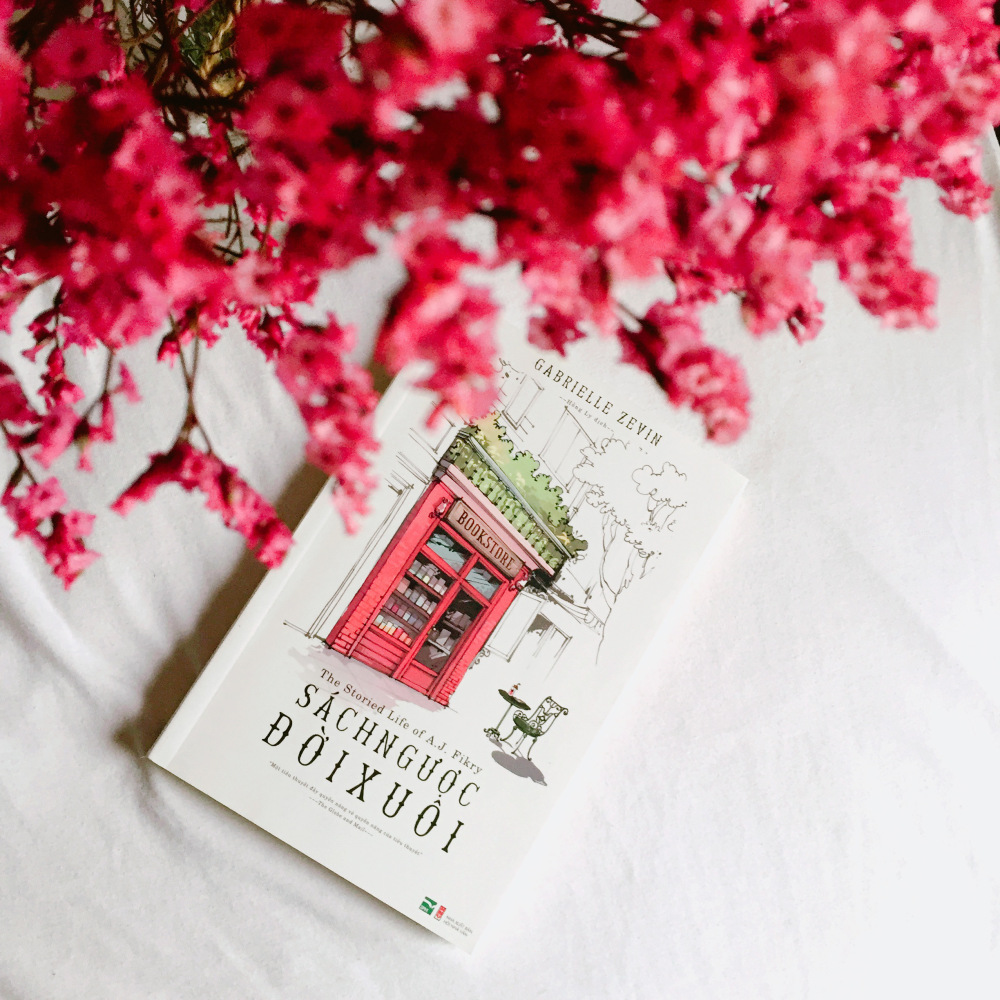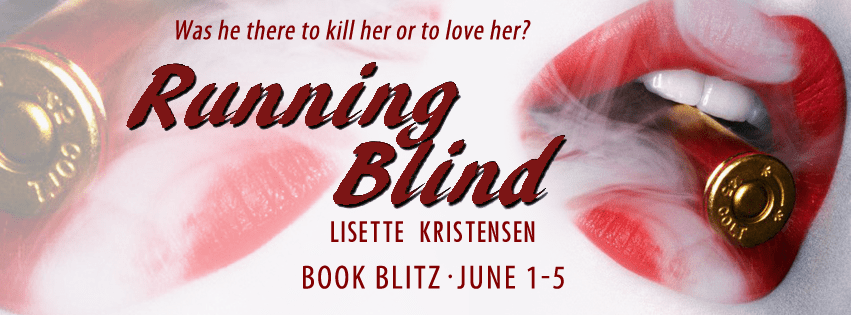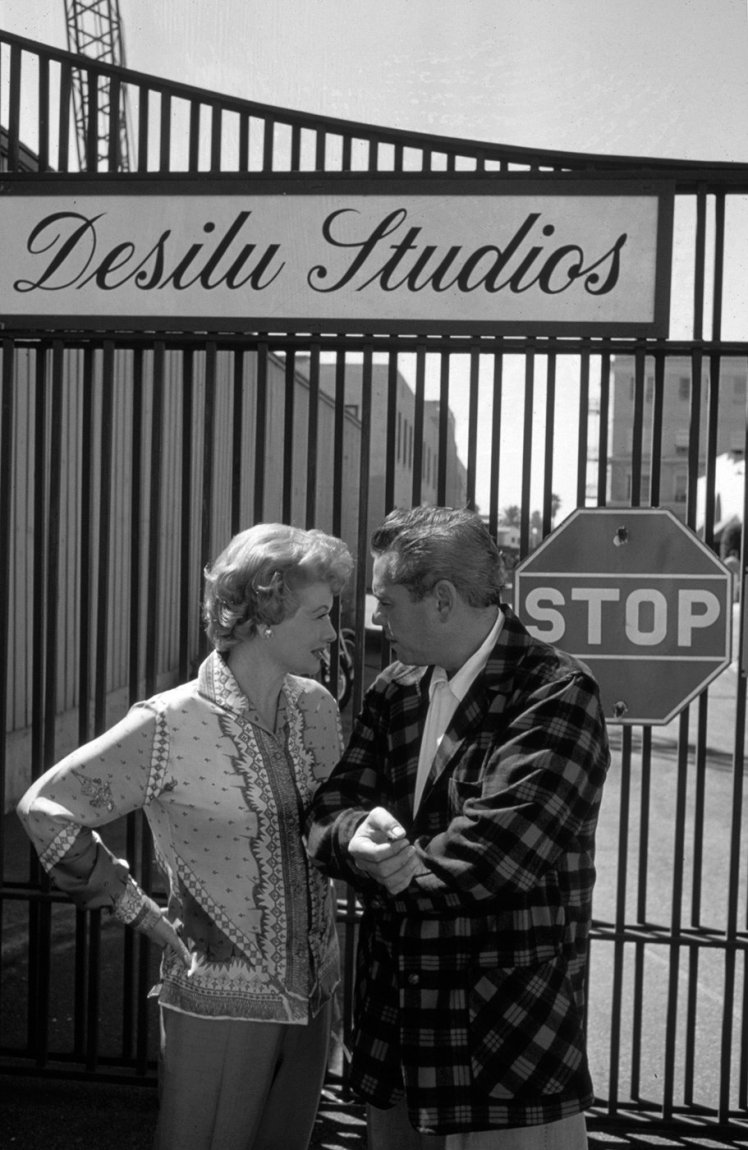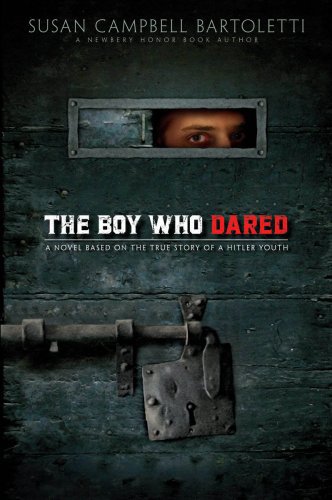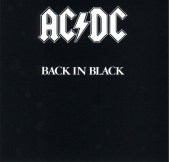Our guest today in the Eastern Penn Points Café is Susan Campbell Bartoletti!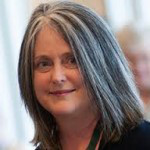
Susan Campbell Bartoletti is an award-winning author of picture books, novels, and nonfiction for children, including the Newbery Honor book Hitler Youth: Growing Up in Hitler’s Shadow, the Sibert Medal-winning Black Potatoes, and Dear America: A Coal Miner’s Bride. Her work has received dozens of awards and honors, including the NCTE Orbis Pictus Award for Nonfiction, the SCBWI Golden Kite Award for Nonfiction, and the Jane Addams Children’s Book Award. She teaches writing classes at a number of MA and MFA programs, among them Spalding University in Louisville, Kentucky, and Hollins University in Roanoke, Virginia. Additionally she leads workshops offered through the Highlights Foundation.
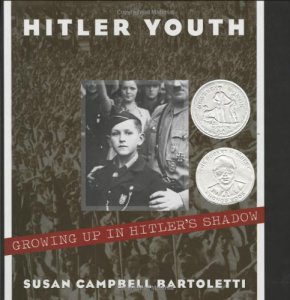
Welcome, Susan! First off, let me congratulate you on your many writing awards! With 19 published books, including works of fiction and non-fiction, you are such an inspiration to us at Eastern PA SCBWI. Thank you so much for joining us!
Thank you! SCBWI is near and dear to my heart. It helped me grow as a writer and helped me learn the “business ropes,” so to speak. It gave me confidence.
As you may know, I was a regional co-adviser at the very first Pocono Retreat held in 1992. I held that position until 2002.
And since the Pocono Retreat is celebrating its 25th year, it’s amazing to have you join us and share your wealth of knowledge!
As we settle into the virtual Eastern Penn Points café, can we get you your favorite beverage?
Coffee! Strong coffee. Peet’s coffee, if you really want to know. With milk. Not too much milk. No sugar.
Now that you have your coffee, let’s talk books! You’ve written across the spectrum for young readers, from short stories to poetry to picture books to MG to YA, as well as fiction and non-fiction. With so many ideas and the ability to tell a true story or a fictionalized account, how do you choose an idea to pursue?
Lee Gutkind, the self-proclaimed godfather of creative nonfiction, says this: If you can tell a story as a true story (meaning nonfiction story), then you have no business telling it as fiction.
For me, it comes down to this: what is the best way to tell the best story?
For me, every story begins with a question. Writing the story as nonfiction is one way to tell the story that answers the question “what is.” When I write nonfiction, I cannot invent anything – not one word of dialogue, not one detail of weather. Every fact, every detail must be verifiable.
But sometimes I still have questions when the nonfiction book is done – or I might find too many gaps in the research that make the writing of a nonfiction story too difficult or not the best way to tell the best story. That’s when I might turn to fiction and filter the facts through my imagination to answer the question “what if” or to tell the story of what might have happened, based on the facts.
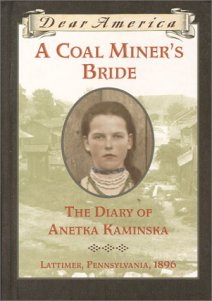 Many of your fiction titles for young adults focuses on men and women in historical time periods who encounter struggles with war, unfair labor practices, politics, or human rights. What is it about the past that fascinates you as a writer?
Many of your fiction titles for young adults focuses on men and women in historical time periods who encounter struggles with war, unfair labor practices, politics, or human rights. What is it about the past that fascinates you as a writer?
Hm. Let’s wax philosophical here: Is it the past that fascinates me or the way that the past finds its way into our present?
That’s definitely an interesting question, which leads me to wonder…when a young reader finishes one of your books, what do you hope they’ll take away from the experience?
I do not write the stories I write to teach readers anything. Stephen King says that each book should be a letter to someone. If that’s true, then my books are letters to my middle school students.
It’s such a great age. Middle school kids begin middle school as children and leave as young adults. They are seeking out role models, in real life and in imaginary life. They are interested in everything—for 30 minutes. They are finding out that life isn’t fair—and it gives them agency. They want to do something about it! They are eager to access and transform the political systems in their lives. They’re think critically and to question everything: their parents, their teachers, their education, all of those authorities and institutions that have power over them.
They’re amazing. They give me hope and they inspire me. And so, if there’s one thing that I hope I can give them in return, it’s hope and courage.
In a past interview, you noted that photo research of the time period you’re writing about is extremely important. Do you create a photo file, or use a Pinterest type of platform to organize your inspiration?
No. My storage system is a milk crate. I call it my iCrate.
If you could go back to a historical time and place to live, when and where would it be? Who would you be most excited to meet?
I would never survive in another time and place. As a woman, I’m outspoken, I challenge, I have opinions, I think critically, I am eager to work and to create. Do you know what society was like for such a woman, even as recently as 60 years ago? But perhaps I’d like to meet some family members whom I never had the chance to know.
You were an 8th grade English teacher for 18 years, and during this time, you shared your own stories with your class. Would you credit those students as your first critique group?
I loved helping my students stretch and grow as writers. On rare occasions I brought a story to class. It was the teaching of writing that helped me make the three most important discoveries a writer can make: my subjects (to write about), my audience, and my voice.
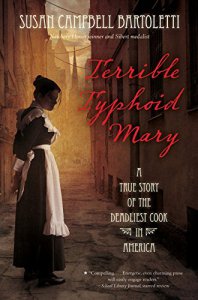 Your latest publication is a middle grade biography titled: Terrible Typhoid Mary: A True Story of the Deadliest Cook in America, which focuses on the real life of Mary Mallon, also known as Typhoid Mary. How did you come to write about this topic?
Your latest publication is a middle grade biography titled: Terrible Typhoid Mary: A True Story of the Deadliest Cook in America, which focuses on the real life of Mary Mallon, also known as Typhoid Mary. How did you come to write about this topic?
Mary Mallon was mentioned in a newspaper article. I read the article, moved on, and then my heart turned over a bit, and I thought, Huh. I reread the article and then wrote a bit about it in my journal. I suggested the subject to my editor, who was intrigued. I wrote a proposal, and then submitted a 3-page sample, written in the style/voice/approach I hoped to incorporate.
Lastly, we’d love to hear about any upcoming books you plan to release!
I have two more nonfiction books in progress that are under contract and a novel contract. I’m not ready to talk about those projects yet. Oh! And I’m also co-editing a nonfiction anthology with Marc Aronson, featuring the year 1968, to be published by Candlewick next year. We’ve got some great nonfiction writers on board.
I’m also working on a Top Secret Project. It’s a novel for younger readers (maybe 4th grade?) that’s not under contract anywhere. It’s an idea I’ve carried around in my head for about ten years, and I finally began to put it down on paper. It’s fun writing something that’s not contracted, though I am eager to know if I have anything that works or if I’m simply amusing myself.
All of these projects sound very exciting, and we can’t wait to see them in the future! Thanks again, Susan!
If you’d like to read more about Susan, or check out her books, please visit her at http://www.scbartoletti.com.
Advertisements Share this: